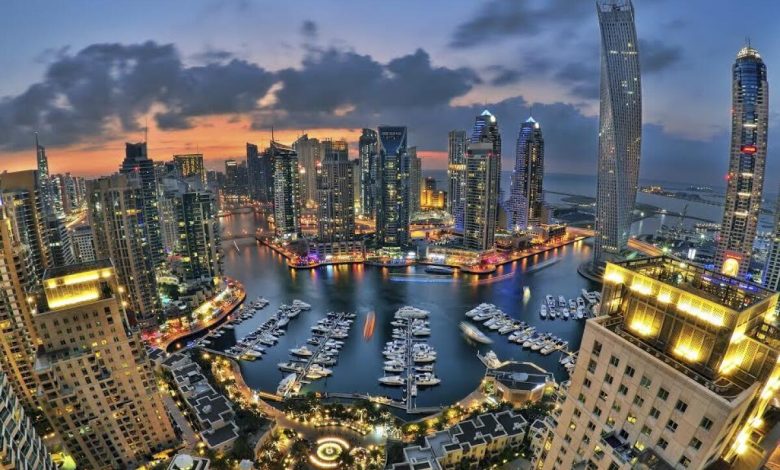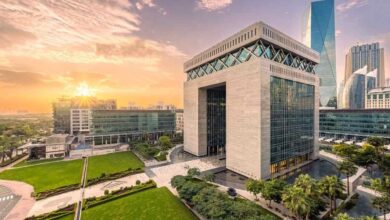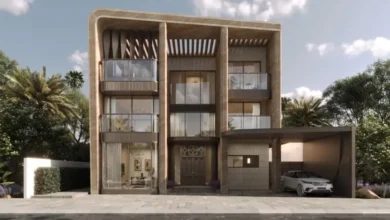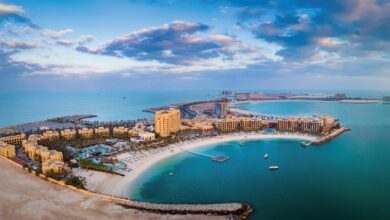
Dubai’s property appeal soars amid competitive cost of living and robust real estate market
Dubai ranks 12th globally in Julius Baer’s Global Wealth and Lifestyle Report as relative ‘cost of living’ remains competitive compared to major global cities.
Dubai, which has long been one of the most attractive economic hubs and a symbol of opulence in the Middle East region, is the 6th most expensive city in Europe Middle East and Africa region, according to the report.
“Although the impact of the global pandemic has now settled into a ‘new normal’, inflation, rising living costs, and increased geopolitical tensions have not had as much of an impact on Dubai as on other markets, which have contributed even more to its appeal for wealthy residents,” the report says.
The report shows that the ultra-rich in the Middle East are bullish in their investment outlook and lead the charge with 72 per cent investing more year-on-year.
A key advantage is that the UAE, situated at the crossroads of the East and the West, boasts some of the busiest airports and prominent ports. The unique geographical advantage of Dubai attracts businesses from all over, making it an ideal market for global expansion. The report reflects that spending on business (65 per cent) and leisure (67 per cent) travel have increased significantly over the past 12 months in the Middle East. Its strategic location has also made it attractive for investors looking to access lucrative markets across multiple continents.
The report highlights that the real estate sector accounts for 8.9 per cent of the economy and is showing impressive dynamism. According to the index and survey data, real estate is a key asset in the Middle East, with prices in Dubai up 16 per cent in US dollar terms. Property in Dubai is, simply put, ‘hot property.’
“With the world’s most active $10 million housing market in 2023, according to Knight Frank, both global and local demand is sky high. The region’s wealthy are spending the highest currently on luxury residential properties compared to any other region, amid strong economic growth and world-class infrastructure,” said the report.
“Even though, the residential market has sustained an upward trajectory in prices, residential property is relatively affordable compared to many cities in the region. Sophisticated and smart investors are moving to Dubai to buy luxury and branded real estate given the competitive advantage the city offers compared to global and regional peers. This growing trend will keep Dubai on the global investors radar. More than half of wealthy Middle Easterners in our survey said they had spent more on residential property in the past 12 months, and planned spending is equally high, with 58 per cent saying they will spend more in the coming 12 months. No other region comes even close to this, the Global Wealth and Lifestyle Report said.
Price rises for all goods and services in the Julius Baer Lifestyle Index slowed to 4.0 per cent in US dollar over the past 12 months. For the first time, EMEA becomes the most expensive region to live well.
All regions saw an increase in spending by HNWIs (high-net-worth-individuals) on travel and hospitality in the past year, with the Middle East and APAC showing the highest growth. The Middle East has witnessed a significant increase in business (65 per cent) and leisure travel (67 per cent).
In the Middle East, spending was concentrated on luxury goods such as clothing and watches, but most significant of all was the demand for luxury residential properties. Middle East’s HNWIs focus on premium products – such as designer clothing, jewellery, and luxury watches – and real estate, while Europe and APAC focus on hospitality (five-star hotels, top restaurants) and spending in the Americas seems to be spread across all categories.





